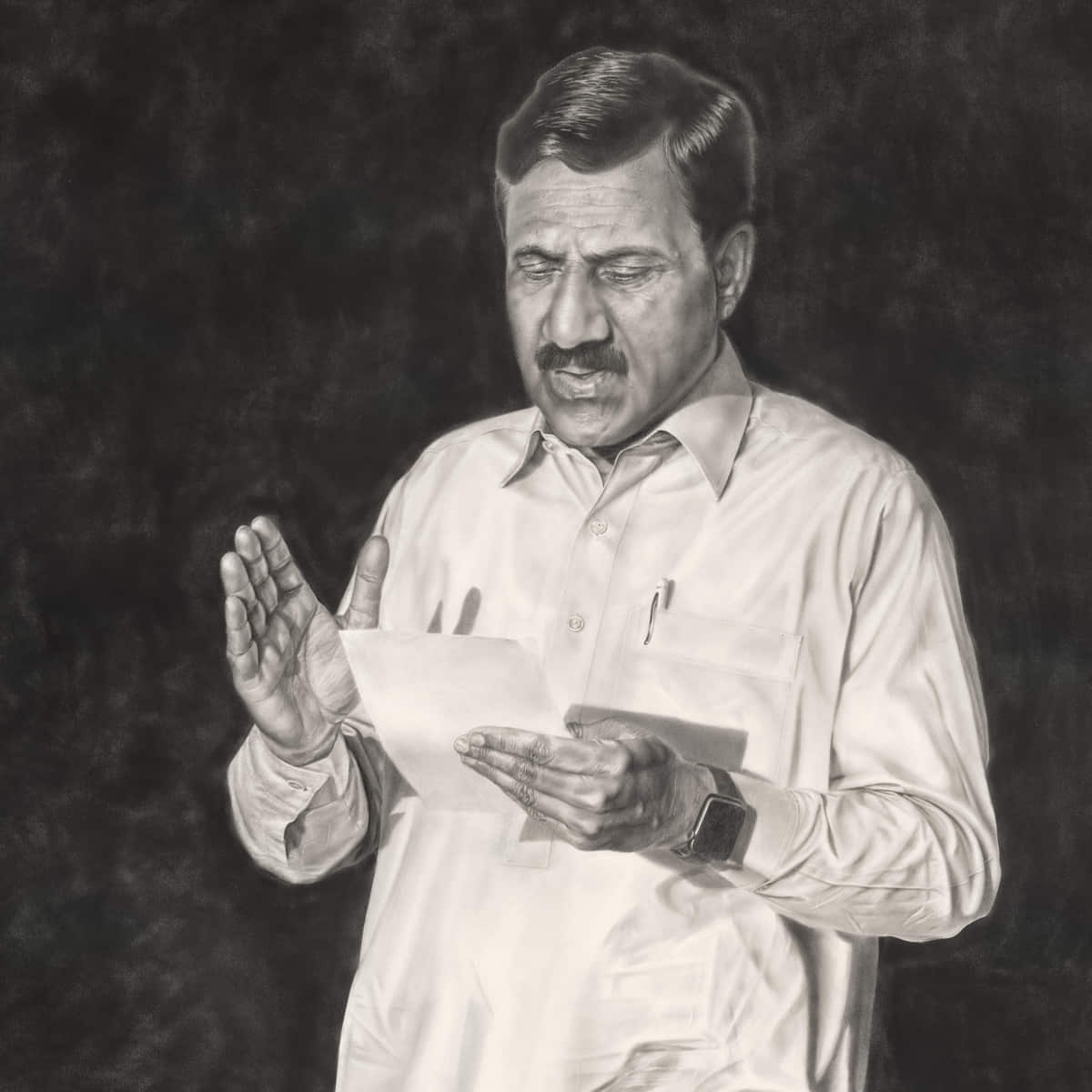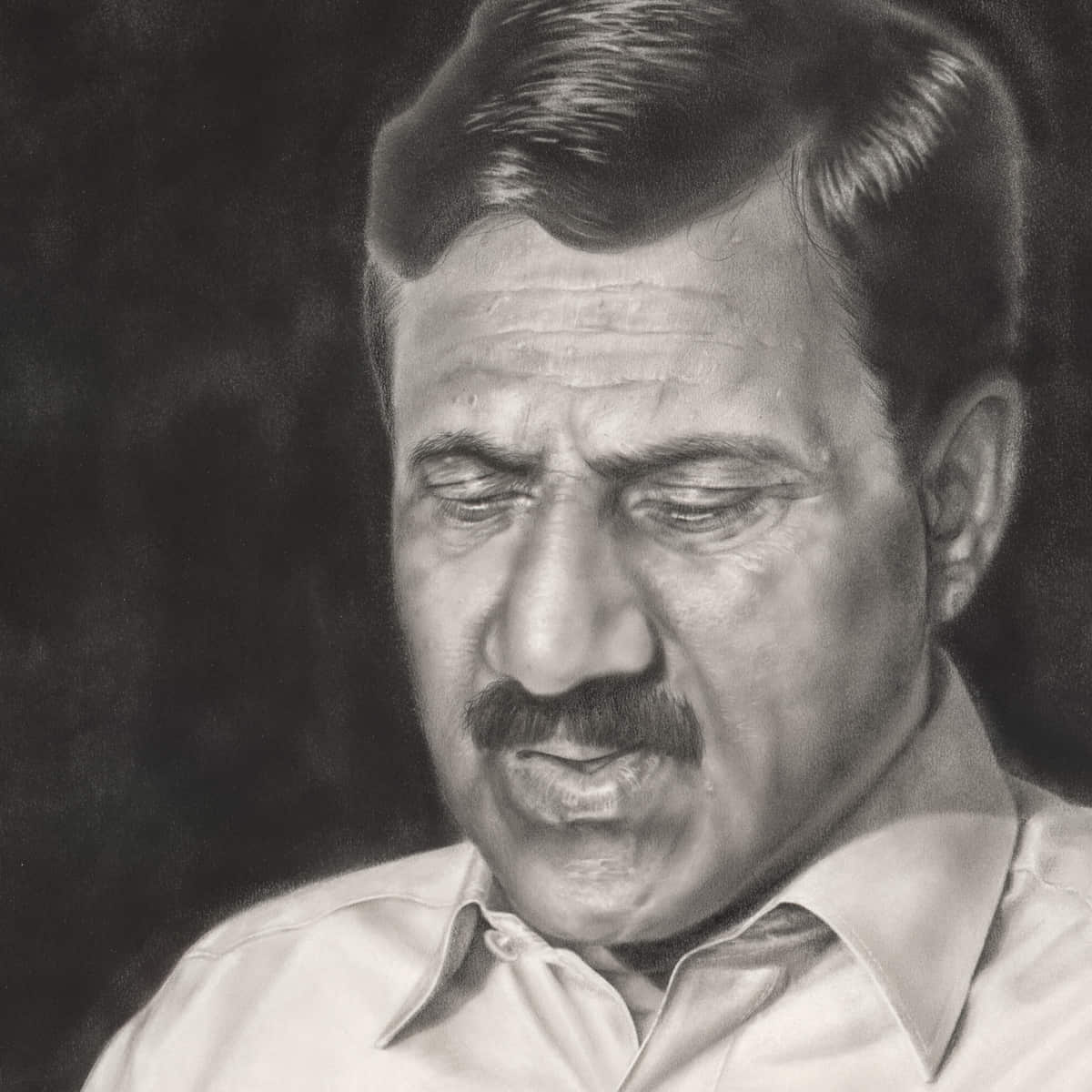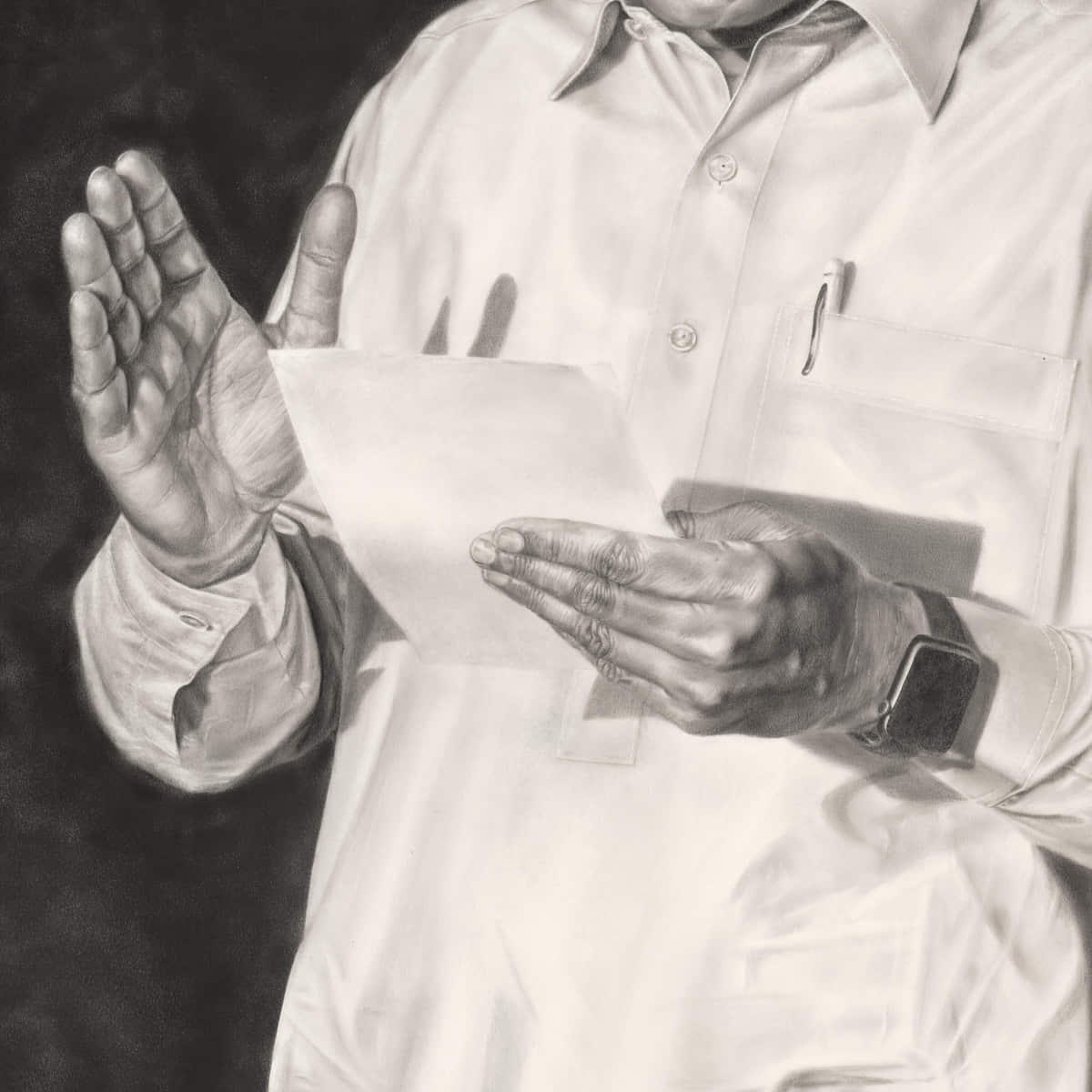When we think of Ziauddin Yousafzai, many things come to mind: a passionate educator, a fierce advocate for girls' schooling, and of course, the father of Nobel laureate Malala Yousafzai. His voice, too it's almost, has become a global beacon for human rights and learning for everyone. Yet, a question that sometimes comes up is about his professional background, specifically if his work ties into the legal field. This article aims to explore that very idea, looking at what "Ziauddin Yousafzai profession attorney" truly means in the context of his wide-ranging efforts.
You see, Ziauddin Yousafzai's life story is a powerful testament to standing up for what's right, even when it feels very, very hard. He has spent years promoting peace and education, often in places where these ideas face big challenges. His ability to speak clearly and passionately, to rally support, and to champion the cause of young people, might lead some to wonder about a legal connection, perhaps seeing a lawyer's way of arguing for justice in his approach, in a way.
We will unpack the details of his journey, considering how his dedication to fairness and the rights of children, especially girls, aligns with principles that are often at the core of legal practice. It's an interesting thought, really, how someone's life work can touch upon so many different areas, even if their main path is something else entirely. So, let's take a closer look at the man himself and the impact he has had on the world, and what that means for the phrase "Ziauddin Yousafzai profession attorney."
Table of Contents
- Biography and Personal Details
- The Roots of His Advocacy
- Education and the Pursuit of Knowledge
- A Voice for Human Rights
- Connecting Advocacy to Legal Principles
- Shaping the Global Conversation
- The Power of Speaking Up
- Ziauddin Yousafzai's Impact Today
- Frequently Asked Questions
- Conclusion
Biography and Personal Details
Ziauddin Yousafzai is a name that resonates with courage and unwavering commitment. Born in Pakistan's Swat Valley, his early experiences deeply shaped his view on the importance of learning for everyone. He grew up in a place where opportunities for schooling, especially for girls, were not always easy to come by. This background, you know, really helped him understand the value of education.
He decided early on that he wanted to make a difference in his community. His passion for teaching and for helping young people find their voice led him to open a school. This school, the Khushal Public School, became a symbol of hope and progress in the Swat Valley, offering a chance for many children to learn and grow. It was, in a way, a very personal mission for him.
His family life, too, is a big part of his public story. As the father of Malala Yousafzai, he supported her brave decision to speak out for girls' education, even when it put their lives in danger. This shared experience brought their family to international attention and further amplified his message. He is, by all accounts, a man who lives by his beliefs, and that's something we can all appreciate, isn't it?
Personal Details & Bio Data
| Full Name | Ziauddin Yousafzai |
| Born | 1969 (approximate), Swat Valley, Pakistan |
| Nationality | Pakistani |
| Known For | Education Activist, Human Rights Advocate, Father of Malala Yousafzai |
| Primary Profession | Educator, Activist |
| Education | Master's in Pashto, Master of Philosophy in Political Science (sources vary on specific legal degrees, but his work often touches on legal principles) |
| Notable Roles | Founder of Khushal Public School, UN Special Advisor on Global Education |
The Roots of His Advocacy
Ziauddin Yousafzai's journey into advocacy began quite naturally from his deep-seated belief in education. He saw firsthand how a lack of access to schooling could limit a child's future, especially for girls in his community. This understanding wasn't just theoretical; it was something he experienced and observed daily. He felt, very strongly, that every child deserved the chance to learn, and that's a pretty fundamental idea, isn't it?
His work as a school owner and teacher gave him a platform to put his beliefs into action. He didn't just teach subjects; he instilled values of critical thinking, equality, and speaking up for oneself. This approach, you know, was quite progressive for the time and place. He wanted his students to be not just educated, but also empowered citizens, and that's a goal many educators share, actually.
The challenges he faced, particularly when extremist groups tried to shut down schools, only made his resolve stronger. He continued to champion the cause of education, even at great personal risk. This unwavering commitment to what he felt was right, to protecting the basic human right to learn, really showcases the core of his advocacy. It's a powerful example, in some respects, of standing firm.
Education and the Pursuit of Knowledge
When we consider Ziauddin Yousafzai's background, his dedication to learning shines through. He holds a Master's degree in Pashto and a Master of Philosophy in Political Science. These academic achievements show his commitment to deeper thinking and understanding the world around him. He didn't just stop at basic schooling; he pursued knowledge at higher levels, which is pretty admirable, you know?
While his primary public identity is as an educator and activist, the question of "Ziauddin Yousafzai profession attorney" often comes up because his advocacy touches on fundamental rights, which are often protected by law. His political science background, for instance, gives him a solid foundation in governance, human rights, and international relations. These are areas that lawyers often work with, too, in a way.
It's important to remember that having a legal education or understanding legal principles doesn't always mean someone practices law in a courtroom. Sometimes, it means they use that knowledge to advocate for change, to understand systems, and to argue for justice in a broader sense. His work, you know, very much fits into that kind of framework, where knowledge becomes a tool for social good.
A Voice for Human Rights
Ziauddin Yousafzai has become a globally recognized voice for human rights, particularly the right to education. His speeches and public appearances consistently highlight the importance of protecting basic freedoms for all people, especially children. He speaks with such clarity and conviction, you know, that his message really gets through to people.
His advocacy extends beyond just talking about education; he actively works to influence policy and public opinion. He collaborates with international organizations and leaders, pushing for stronger commitments to universal schooling and gender equality. This kind of work, you know, often involves understanding international laws and human rights frameworks, which is pretty interesting.
He brings a very personal perspective to these global discussions, drawing on his own experiences and the challenges faced by his community. This blend of personal story and universal principles makes his arguments incredibly compelling. It's like, he's not just speaking from a textbook; he's speaking from life itself, and that's a powerful thing, isn't it?
Connecting Advocacy to Legal Principles
While Ziauddin Yousafzai's main public profession isn't that of a practicing attorney, his advocacy work is deeply rooted in principles that are core to the legal system. Think about it: he champions the right to education, which is recognized as a fundamental human right under international law. This means he's essentially arguing for the enforcement of established legal and ethical standards, in a way.
His calls for justice and equality, too, are very much aligned with the goals of legal systems worldwide. He seeks to protect vulnerable populations, to ensure fairness, and to hold those in power accountable. These are all things that lawyers strive for, often in courtrooms, but also through policy work and human rights campaigns. It's a broad kind of justice, you know?
Moreover, his ability to articulate complex issues, to present compelling arguments, and to inspire action mirrors the skills often found in effective legal professionals. He builds cases, not in a courtroom, but in the public sphere, using his voice and story to persuade. He's, like, making a strong argument for humanity, and that's something we can all appreciate, right?
This connection means that while you might not find "Ziauddin Yousafzai profession attorney" listed on a traditional law firm's website, his work certainly embodies the spirit of legal advocacy. He fights for rights, he seeks redress for wrongs, and he works to establish a more just world for everyone. It's a powerful way to use one's voice, you know, and it makes a real difference.
Shaping the Global Conversation
Ziauddin Yousafzai's influence extends far beyond his home country. He has become a significant figure in global discussions about education, peace, and the rights of girls. His participation in international forums and his role as a UN Special Advisor on Global Education show just how much his voice matters on the world stage. He's, like, really helping to steer the conversation, isn't he?
His advocacy has helped to raise awareness about the challenges faced by children, particularly girls, in accessing quality schooling. This increased awareness, in turn, can lead to policy changes and greater investment in educational initiatives around the world. It's a direct way of making a difference, you know, through public discourse and engagement.
He often speaks about the power of words and the importance of standing up against injustice, using his own family's experiences as a powerful example. This personal touch makes his message incredibly relatable and impactful for audiences everywhere. It's a very human approach to global issues, and that's something that resonates with people, actually.
In many ways, his work in shaping this global conversation acts as a form of international legal advocacy, even without formal legal titles. He champions universal principles, pushes for accountability, and seeks to uphold the rights enshrined in international conventions. He's, you know, arguing for a better world, using the tools of persuasion and public engagement.
The Power of Speaking Up
One of the most striking aspects of Ziauddin Yousafzai's public life is his unwavering commitment to speaking up, even when it's dangerous. He has consistently used his platform to challenge injustice and to advocate for those whose voices are often silenced. This courage, you know, is truly inspiring and something we can all learn from.
His ability to articulate complex issues in a clear and compelling way is a hallmark of his advocacy. He doesn't shy away from difficult topics, but rather addresses them head-on, offering solutions and hope. This directness and honesty, you know, make his messages incredibly powerful and effective in reaching a wide audience.
This skill in communication, in building a persuasive argument, is something that's highly valued in many professions, including the legal field. Lawyers, too, must be able to present their case clearly and convince others of their position. In a way, Ziauddin Yousafzai uses these very same skills to argue for human dignity and the right to learn for every child.
His life story is a powerful reminder that speaking truth to power, that standing up for what's right, can bring about real change. It shows us that every voice has the potential to make a difference, especially when it's used to champion fundamental rights. He's, like, a living example of the power of words, and that's pretty amazing, isn't it?
Ziauddin Yousafzai's Impact Today
Today, Ziauddin Yousafzai continues his vital work as an advocate for education and human rights. He travels the world, sharing his story and inspiring others to join the cause of universal schooling. His efforts are helping to ensure that more children, especially girls, have the chance to learn and reach their full potential. He's, you know, making a tangible difference every day.
His influence is seen in the ongoing discussions about global education policy and in the increased awareness of the challenges faced by children in conflict zones. He reminds us that education is not a privilege, but a basic right that must be protected and promoted everywhere. This message, too, is very important for our world right now.
He also serves as a powerful role model for fathers and men everywhere, showing the importance of supporting girls' education and empowering women. His partnership with Malala, and his unwavering belief in her mission, is a testament to his values. It's a beautiful example, in some respects, of family working together for a greater good.
So, while the term "Ziauddin Yousafzai profession attorney" might not describe his formal job title, it certainly captures the spirit of his work. He advocates for justice, champions rights, and uses his voice to create a better, more equitable world for all. His contributions continue to inspire and remind us of the power of one person's commitment to change, and that's something truly special, honestly.
Frequently Asked Questions
Is Ziauddin Yousafzai a practicing lawyer?
While Ziauddin Yousafzai is a highly articulate and influential advocate for human rights and education, his primary public profession is as an educator and activist. Information suggests he has academic degrees in Pashto and Political Science. His work often involves advocating for rights that are protected by law, but he is not widely known as a practicing attorney in a traditional sense, you know.
What kind of education does Ziauddin Yousafzai have?
Ziauddin Yousafzai holds a Master's degree in Pashto and a Master of Philosophy in Political Science. These academic pursuits have given him a deep understanding of social issues, governance, and human rights, which greatly informs his advocacy work. He's, like, really well-read in these areas, actually.
How does Ziauddin Yousafzai's work relate to human rights law?
Ziauddin Yousafzai's advocacy is deeply connected to human rights law because he champions the universal right to education, which is enshrined in international human rights documents. He speaks out against injustices and promotes equality, aligning his efforts with the core principles that legal frameworks aim to protect. He's, you know, fighting for what's right on a global scale.
Conclusion
Exploring the idea of "Ziauddin Yousafzai profession attorney" reveals a fascinating aspect of his public persona. While his primary role is that of a dedicated educator and a tireless human rights advocate, his work undeniably embodies many of the principles and skills associated with the legal field. He champions justice, argues for fundamental rights, and seeks to hold systems accountable, all with a powerful and persuasive voice. His life shows us how one's passion for fairness can intersect with the spirit of the law, even outside a courtroom.
His commitment to ensuring every child has the chance to learn, particularly girls, continues to inspire people around the globe. He reminds us that advocacy is a powerful tool for change, and that standing up for what's right can make a profound difference in the lives of many. To learn more about his incredible journey and ongoing work, you can explore other resources on our site. Also, for a deeper look into the impact of his advocacy, consider visiting this page to gain further insights. He's, you know, a true inspiration for us all.
His contributions to the global conversation about education and human rights are truly significant, and his impact continues to be felt today, very much. He stands as a beacon of hope and a testament to the power of a single individual's dedication to a cause. We can all learn a lot from his example, honestly.
Detail Author:
- Name : Darlene Franecki I
- Username : cora.bartell
- Email : ubergnaum@hotmail.com
- Birthdate : 1975-09-21
- Address : 370 Lance Ways Apt. 942 West Vidachester, IA 91901-0745
- Phone : 1-941-817-0240
- Company : Hartmann, Kertzmann and Daugherty
- Job : Loan Counselor
- Bio : Ad ducimus ea laudantium hic expedita aut. A enim nam vel modi earum.
Socials
twitter:
- url : https://twitter.com/tanyawyman
- username : tanyawyman
- bio : Consequatur dolor dolorem fuga qui distinctio voluptas enim maxime. Fuga hic qui est ea hic. Distinctio rem dolores quas quia voluptatem.
- followers : 1076
- following : 2379
facebook:
- url : https://facebook.com/tanyawyman
- username : tanyawyman
- bio : Natus repellendus consequatur non nesciunt ut quo possimus itaque.
- followers : 4755
- following : 2410


